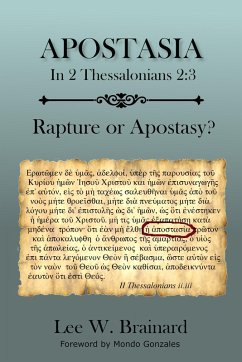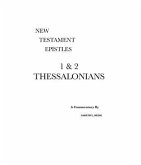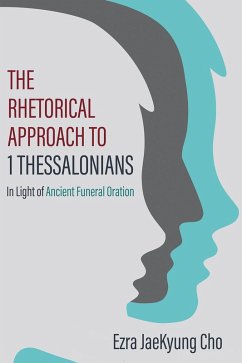The Greek word apostasia in 2 Thessalonians 2:3 has long been understood to be a reference to an exceptional apostasy or departure from the faith in the last days that comes to an explosive climax during the seventieth week under the tyranny of the antichrist. Recently, some prophecy teachers have advanced the idea that apostasia in this verse 3 does not refer to apostasy but the rapture. They claim that the semantic range of apostasia is not limited to spiritual departure but includes physical departure. They also insist that all of the early Bible versions translated apostasia in 2 Thessalonians 2:3 by departure, which they regard as a reference to the church's physical departure for heaven. Are they correct? Is apostasia in 2 Thessalonians 2:3 a reference to the rapture? Is it a reference to physical departure that should be translated by the word departure? Are translations like falling away, revolt, and apostasy wrong? In this volume I present a mountain of overlooked evidence from Koine Greek, the Church Fathers, and the Bible versions that shouts an emphatic "No!" to all four questions.
Dieser Download kann aus rechtlichen Gründen nur mit Rechnungsadresse in A, B, CY, CZ, D, DK, EW, E, FIN, F, GR, H, IRL, I, LT, L, LR, M, NL, PL, P, R, S, SLO, SK ausgeliefert werden.









